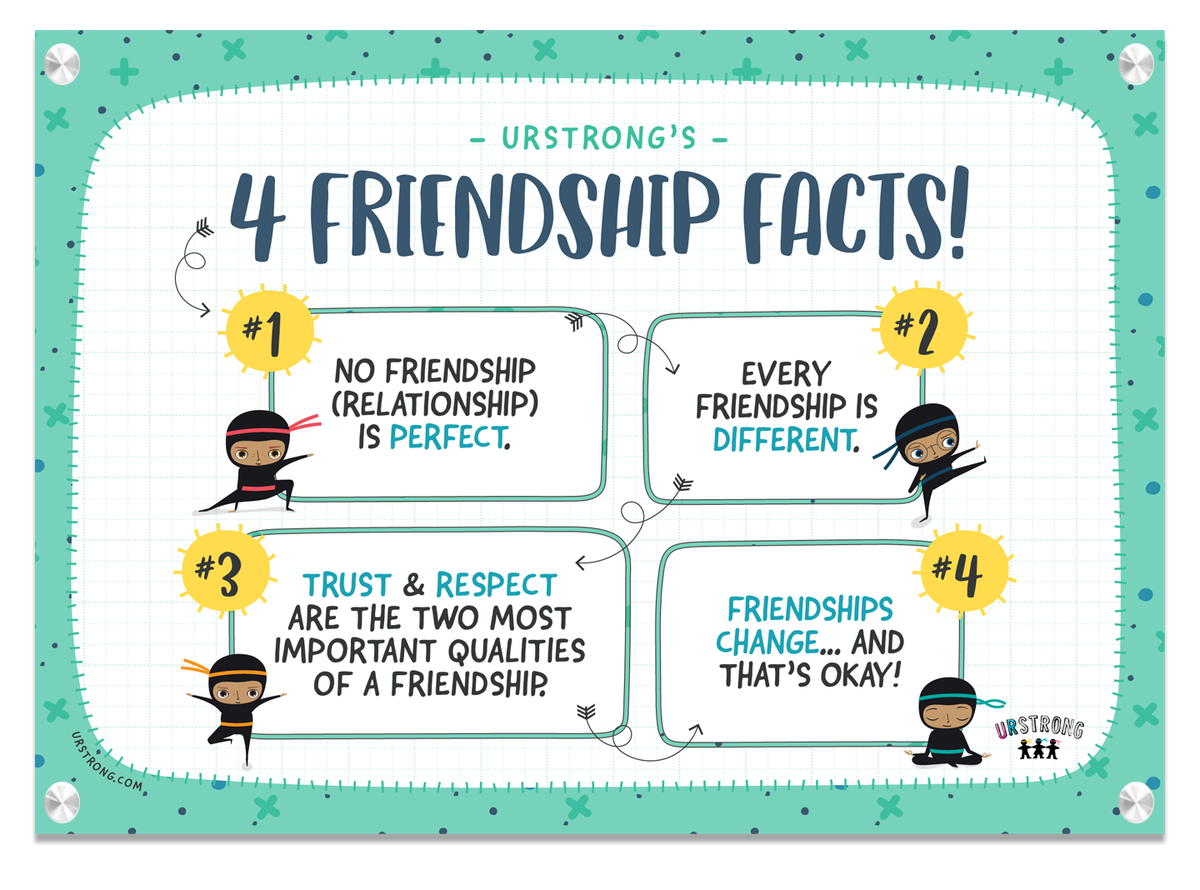Wellbeing & Culture

Friendship
Tuesday 30th of July was International Friendship Day! So I thought I could take this opportunity to talk about friendships.
Friendships can be a hard thing for everyone to navigate, especially kids. With so much going on with them in and outside of school, for some it can be quite overwhelming. It’s really important to have open and honest conversations with our children to let them know that all of these friendship issues they are experiencing can be normal and they are not alone.
We have a great program that the school runs as part of the curriculum called Friendology. This is run in the classroom by the teachers and helps the students navigate friendship situations and “fires” and how to navigate them. We as part of the Wellbeing Team also offer friendship programs/groups from time to time to specific grades/students when it is needed. It is an amazing opportunity when students are involved.
So the question asked by many is what can I do at home to help my child navigate friendship issues/cultivate friendships?
- Encourage your child to talk to you open and honestly, always ensure that you put aside the time to listen. - In particular encourage conversations around “friendship fires” and help navigate them in the right direction.
- Role play and have fun with it. Give them different scenarios, or use real life friendship difficulties that they have experienced and explore different responses they could take.
- Keep social circles open and diverse so that they can navigate different friendship styles with different friends.
- Make interactions for your child easier. - Get your child to school 15 mins before the bell so they can socialise, take them to parties, find groups/activities that they can join.
- Encourage empathy to your child - help them understand that all children are different and why a child might do something.
- Network with other families and try to help build friendships with your child.
- Do not try to control but rather nurture friendships.
- Lead by example - Catch up with friends to model correct behaviour in front of your child.
- Set healthy limits and expectations on behaviours that are questionable. Sit your child down and explain why you are doing this.
- Remind them that the best friends are the ones that help them be the best person they can be.
For more generalised friendship advice, or specific to ADHD, and ASD please click on the following links from the raising children's network.
Kelly Goodgame – On behalf of the Wellbeing and Culture Team


